Sindh’s stray dogs have their day as rabies programme launched
3 min readKARACHI: Karachi’s burgeoning population of stray dogs has always posed a problem for city authorities as they seek humane ways to deal with the situation.
The municipal department as well as city authorities have faced criticism in the past for its methods, including mass culling and poisoning puppies. But things are changing.
“We have started slow and admit that the practices in the past were not the best and were inhumane. Poisoning dogs is not the solution to controlling rabies or the dog population in the province,” said Sindh Government’s Rabies Control Programme Director Afzal Zaidi at its launch.
The programme was initially started by the Indus Hospital which followed World Health Organisation to a tee and after their model became successful, the local government decided to adopt it.
“We have opened three centres in Karachi and plan to open many others across Sindh, where there is at least one veterinarian, a team to catch dogs and appropriate cars. Dogs are captured humanely, neutered or spayed and released where they were initially caught. They are also vaccinated against rabies.”
The teams are being trained to ensure minimum distress is caused to the dog being caught. The male dog is released a few hours after neutering while a female dog is kept for at least three days after she is spayed. It is also being ensured that the dogs that are fixed are not too young.
This initiative makes Sindh the first province to officially stop culling strays in Pakistan.
“This is a paradigm shift for the government and the people of Pakistan. Most people will go out of their way to bother dogs and they [dogs] only attack when they feel threatened. We are trying to change people’s behaviour,” said Sindh Local Government Secretary Najam Ahmed Shah.
“In the start, there was no direction for this programme and the department did not want to implement it. But it was soon realised that regular immunization to prevent rabies and fixing the dogs are better solutions than culling.”
At least Rs120 million have been allotted for the project out of which Rs15 million have been used. It costs Rs550 to chemically castrate a dog while it costs Rs 1300 to neuter a juvenile male dog. Since spaying is a more invasive procedure, it costs about Rs2,300 per bitch.
“People have accused us of embezzling the funds allotted for the project, which is not true. It is costly to set up these centres and a bigger budget will be needed when we expand to other parts of Sindh,” said Local Government Minister Nasir Hussain Shah.

“This programme is revolutionary. I have been working with the government for the last four years. The local government is taking ownership and showing dedication. The words they are saying are not scripted and believable. There is genuine empathy for the animals, which was not seen before. This is the time to support the government,” said Society for Protection of Animal Rights President Zain Mustafa.
“I am absolutely delighted to be here. It is great to hear the government talk about changing human behaviour and fixing strays instead of culling them. They are talking about kindness towards animals and education. This is definitely a step in the right direction,” said Ayesha Chundrigar, the founder of the epoymous foundation providing shelter to animals.
The local government has also started working on an application that will help map dog numbers comprehensively.
Sindh has anywhere between one million to 2.8 million stray dogs.
In Karachi, a high number of bites are reported from Buffer Zone, Surjani Town, Mehmodabad and Korangi.
So far there are three centres, out of which one is located on Super Highway. The local government plans to establish such centres in Larkana and Sukker by June.
For the latest news, follow us on Twitter @Aaj_Urdu. We are also on Facebook, Instagram and YouTube.
















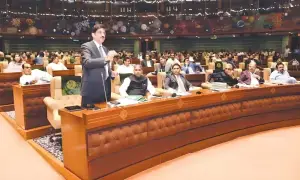




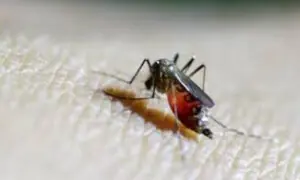
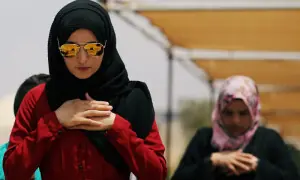
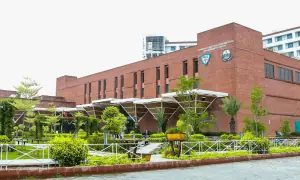

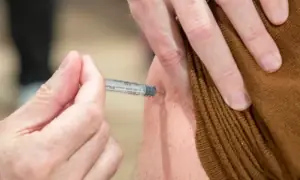
Comments are closed on this story.